 W
WEdward Paul Abbey was an American author and essayist noted for his advocacy of environmental issues and criticism of public land policies. His best-known works include the novel The Monkey Wrench Gang, which has been cited as an inspiration by environmentalists and groups defending nature by various means, also called eco-warriors, his novel Hayduke Lives, and his essay collections One Life at a Time, Please (1988) and Down the River (1982).
 W
WJohn Kilian Houston Brunner was a British author of science fiction novels and stories. His 1968 novel Stand on Zanzibar, about an overpopulated world, won the 1969 Hugo Award for best science fiction novel, and the BSFA award the same year. The Jagged Orbit won the BSFA award in 1970.
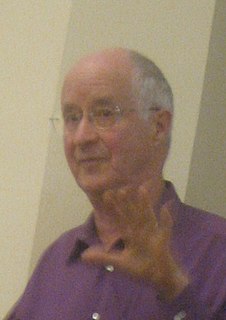 W
WErnest Callenbach was an American author, film critic, editor, and simple living adherent. He became famous due to his internationally successful semi-utopian novel Ecotopia (1975).
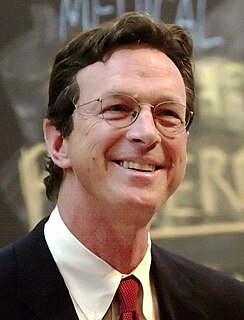 W
WJohn Michael Crichton was an American author and filmmaker. His books have sold over 200 million copies worldwide, and over a dozen have been adapted into films. His literary works are usually within the science fiction, techno-thriller, and medical fiction genres, and heavily feature technology. His novels often explore that technology and failures of human interaction with it, especially resulting in catastrophes with biotechnology. Many of his novels have medical or scientific underpinnings, reflecting his medical training and scientific background.
 W
WJenny Diski FRSL was an English writer. She had a troubled childhood, but was taken in and mentored by the novelist Doris Lessing; she lived in Lessing's house for four years. Diski was educated at University College London, and worked as a teacher during the 1970s and early 1980s.
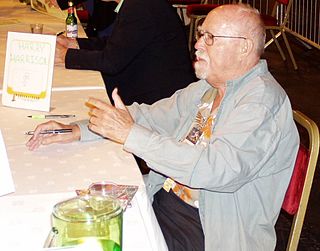 W
WHarry Max Harrison was an American science fiction author, known mostly for his character The Stainless Steel Rat and for his novel Make Room! Make Room! (1966). The latter was the rough basis for the motion picture Soylent Green (1973). Long resident in both Ireland and the United Kingdom, Harrison was involved in the foundation of the Irish Science Fiction Association, and was, with Brian Aldiss, co-president of the Birmingham Science Fiction Group.
 W
WCarl Hiaasen is an American journalist and novelist. A long-time columnist for the Miami Herald and Tribune Content Agency, he began his career as a news reporter and by the late 1970s had begun writing novels in his spare time, both for adults and for young-adult readers. Two of his novels have been made into feature films.
 W
WJohn Richard Jefferies was an English nature writer, noted for his depiction of English rural life in essays, books of natural history, and novels. His childhood on a small Wiltshire farm had a great influence on him and provides the background to all his major works of fiction.
 W
WUrsula Kroeber Le Guin was an American author best known for her works of speculative fiction, including science fiction works set in her Hainish universe, and the Earthsea fantasy series. She was first published in 1959, and her literary career spanned nearly sixty years, yielding more than twenty novels and over a hundred short stories, in addition to poetry, literary criticism, translations, and children's books. Frequently described as an author of science fiction, Le Guin has also been called a "major voice in American Letters." Le Guin herself said she would prefer to be known as an "American novelist".
 W
WRichard Powers is an American novelist whose works explore the effects of modern science and technology. His novel The Echo Maker won the 2006 National Book Award for Fiction. He has also won many other awards over the course of his career, including a MacArthur Fellowship. As of 2018, Powers has published twelve novels and has taught at the University of Illinois and Stanford University. He won the 2019 Pulitzer Prize for Fiction for The Overstory.
 W
WDaniel Clarence Quinn was an American author, cultural critic, and publisher of educational texts, best known for his novel Ishmael, which won the Turner Tomorrow Fellowship Award in 1991 and was published the following year. Quinn's ideas are popularly associated with environmentalism, though he criticized this term for portraying the environment as separate from human life, thus creating a false dichotomy. Instead, Quinn referred to his philosophy as "new tribalism".
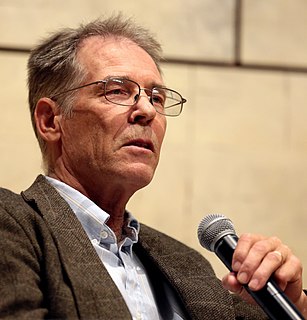 W
WKim Stanley Robinson is an American writer of science fiction. He has published nineteen novels and numerous short stories but is best known for his Mars trilogy. His work has been translated into 24 languages. Many of his novels and stories have ecological, cultural, and political themes and feature scientists as heroes. Robinson has won numerous awards, including the Hugo Award for Best Novel, the Nebula Award for Best Novel and the World Fantasy Award. Robinson's work has been labeled by The Atlantic as "the gold-standard of realistic, and highly literary, science-fiction writing." According to an article in The New Yorker, Robinson is "generally acknowledged as one of the greatest living science-fiction writers."
 W
WNeal Town Stephenson is an American writer known for his works of speculative fiction. His novels have been categorized as science fiction, historical fiction, cyberpunk, postcyberpunk, and baroque.
 W
WGeorge Rippey Stewart was an American historian, toponymist, novelist, and a professor of English at the University of California, Berkeley. His 1959 book, Pickett's Charge, a detailed history of the final attack at Gettysburg, was called "essential for an understanding of the Battle of Gettysburg". His 1949 post-apocalyptic novel Earth Abides won the first International Fantasy Award in 1951.
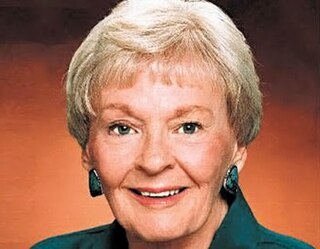 W
WSheri Stewart Tepper was an American writer of science fiction, horror and mystery novels. She is primarily known for her feminist science fiction, which explored themes of sociology, gender and equality, as well as theology and ecology. Often referred to as an eco-feminist of science fiction literature, Tepper personally preferred the label eco-humanist. Though the majority of her works operate in a world of fantastical imagery and metaphor, at the heart of her writing is real-world injustice and pain. She employed several pen names during her lifetime, including A. J. Orde, E. E. Horlak, and B. J. Oliphant.
 W
WJeff VanderMeer is an American author, editor, and literary critic. Initially associated with the New Weird literary genre, VanderMeer crossed over into mainstream success with his bestselling Southern Reach Trilogy. The trilogy's first novel, Annihilation, won the Nebula and Shirley Jackson Awards, and was adapted into a Hollywood film by director Alex Garland. Among VanderMeer's other novels are Shriek: An Afterword and Borne. He has also edited with his wife Ann VanderMeer such influential and award-winning anthologies as The New Weird, The Weird, and The Big Book of Science Fiction.